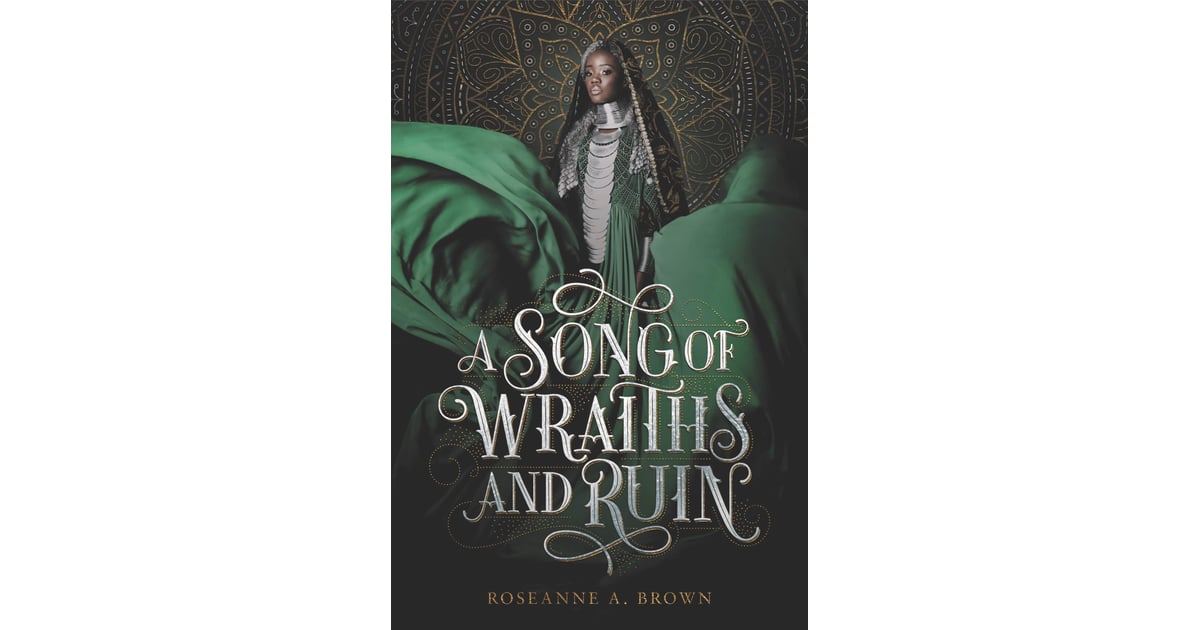
Overall, I loved the story itself and the plot, and I thought the writing was absolutely gorgeous, specifically with regard to the insights about trans-generational trauma, but the relationship (or lack thereof) between the main characters was lackluster. Maybe that makes no sense now, but by the end, it will! I also think the magic itself, in addition to how it is used, was utilized in a way that enhanced the protagonists as characters to a greater extent than I’ve read in any other book. Nonetheless, it was definitely a bonus, and while I could do with another read through to get the existing politics and names of various ethnic/regional communities straight, I thoroughly enjoyed immersing myself in this world. I’ll start by saying this world has a very steep learning curve, at least for me, with a new magic system and unfamiliar terminology. That’s not to say the entire novel wasn’t well-wrought, but in the end, everything ties together really well, and we get to see the results of the massive development Malik and Karina have undertaken which is supremely satisfying.


I enjoyed reading the last few chapters much more than I had the previous ones, and I thought the conclusion was masterfully done, especially with regard to Malik. They’re also both very driven, with end goals in mind, which makes them much more interesting to read, though both let the other characters lead them at times. I thought this was a really cool connection between Malik and Katrina, as they both need to find a way to cope with their fears and take control of both their strengths and their weaknesses.

She’s also grieving the deaths of her sister and father, and despite her confident demeanor, she suffers from insecurity in her potential role as queen. She’s living in the shadow of her mother, the Kestrel, and wishing for freedom when it’s an impossibility. Karina’s character is a bit more conventional, being a princess who doesn’t want to be queen. This perspective, especially now, with the Black Lives Matter movement gaining nationwide (and worldwide) recognition, is one I think many readers will be aided by in gaining a deeper understanding of generational trauma. His anger and pain is palpable and shown through his actions and is important to a major decision in the last chapters of the novel. We see how the pain suffered by his ancestors has been, in a way, inherited. His perspective was also very important because through it we witness his struggles as a refugee and as a minority in a culture that has subjugated people from his region.


 0 kommentar(er)
0 kommentar(er)
